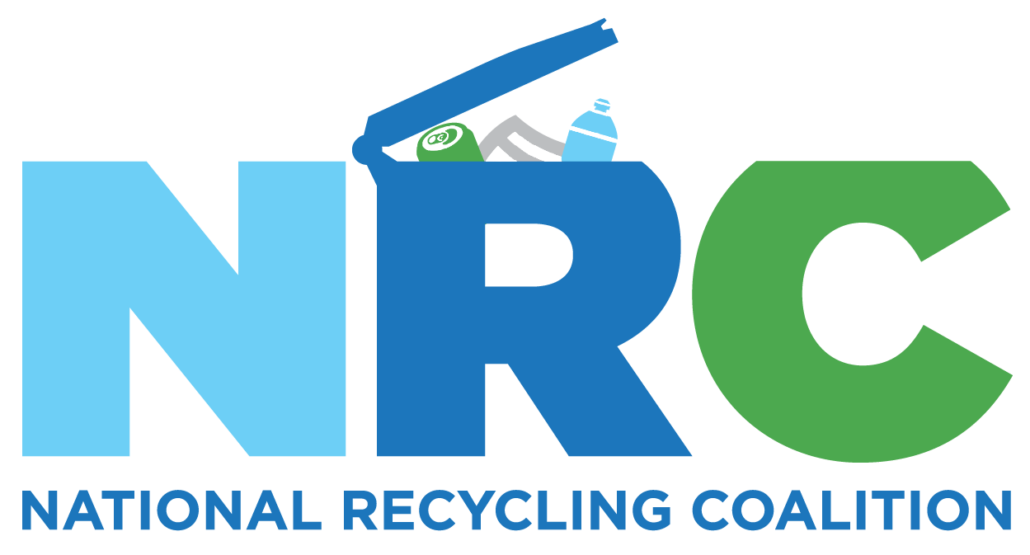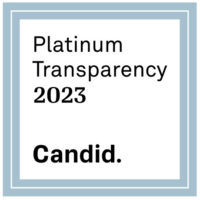[av_heading tag=’h3′ padding=’10’ heading=’NRC Policy Committee Work’ color=” style=” custom_font=” size=” subheading_active=” subheading_size=’15’ custom_class=”][/av_heading]
[av_one_full first min_height=” vertical_alignment=” space=” custom_margin=” margin=’0px’ padding=’0px’ border=” border_color=” radius=’0px’ background_color=” src=” background_position=’top left’ background_repeat=’no-repeat’]
[av_textblock size=” font_color=” color=”]
Incineration Policy Statement
Approved by the NRC Board of Directors 1/15/2016
“The NRC supports reuse and recycling as the most preferred methods of Sustainable Materials Management (SMM). While incineration may sometimes be included as an end-of-life management method in a material’s lifecycle, it does not fit the definitions of reuse or recycling and, therefore, the NRC does not consider it as such.”
Zero Waste Resolution
Approved by the NRC Board of Directors 12/10/2015
Resolution
WHEREAS:
Zero Waste policies and programs will establish practical ways to eliminate wasting or safely reuse, recycle or compost discarded products and packaging; and
The Zero Waste International Alliance (ZWIA) was established in 2002 to develop worldwide standards and principles to guide the development of Zero Waste in the world; and
ZWIA adopted its current definition of Zero Waste in 2009 that says:
“Zero Waste is a goal that is ethical, economical, efficient and visionary, to guide people in changing their lifestyles and practices to emulate sustainable natural cycles, where all discarded materials are designed to become resources for others to use. Zero Waste means designing and managing products and processes to systematically avoid and eliminate the volume and toxicity of waste and materials, conserve and recover all resources, and not burn or bury them. Implementing Zero Waste will eliminate all discharges to land, water or air that are a threat to planetary, human, animal or plant health.”
The key measure of performance towards that goal is diverting 90% of all discarded materials from landfills, incinerators and the environment. That performance measure is established in the ZWIA Zero Waste Community Principles and ZWIA Zero Waste Business Principles at www.zwia.org/standards; and
The ZWIA definition of Zero Waste is the only peer reviewed definition of Zero Waste, accepted by worldwide environmental, recycling and Zero Waste leaders; and
Many organizations, businesses and communities have adopted the ZWIA definition of Zero Waste, and support the ZWIA definition; and
There is a need to provide clear direction of what Zero Waste means to help advance the industry;
THEREFORE, BE IT RESOLVED THAT
The National Recycling Coalition hereby adopts the ZWIA definition of Zero Waste to clarify what Zero Waste means and encourages its members, stakeholders and other interested parties to adopt this ZWIA definition of Zero Waste as well.
For More Information on Zero Waste, go to:
Zero Waste International Alliance
U.S. Zero Waste Business Council
Definition of Recycling
On Tuesday, September 16, 2014 at the Resource Recycling Conference in New Orleans, LA, the Board of Directors met in-person and discussed the organization’s definition of recycling to ensure that it remains relevant within the ever-changing recycling “industry”. Special guest, Bill McDonough (author of the popular book, Cradle2Cradle) joined the Board for the lively and insightful discussion after his inspiring keynote presentation. After excellent dialogue, the updated definition of recycling adopted by NRC is:
“Recycling is a series of activities by which material that has reached the end of its current use is processed into material utilized in the production of new products.”
NRC’s past definition of recycling, that was adopted by the EPA, was:
“The series of activities by which materials that are no longer useful to the generator are collected, sorted, processed, and converted into raw materials and used in the production of new products.”
While the two read similarly, the updated definition was the result of extensive and excellent dialogue, where the new language was deliberately chosen. The updated definition is a section of a larger policy document that is still being finalized by the Policy Committee.
Click Here to view the white paper adopted by the NRC Board of Directors on 10/29/2014.
[/av_textblock]
[/av_one_full]
[av_textblock size=” font_color=” color=”]
Policy Positions and White Papers
Zero Waste Development and Expansion Act of 2017 supported by the NRC, February 2017
Recycling Industries Coalition (RIC) Policy on Dirty MRFs and Mixed Waste Processing supported by the NRC, April 2015
Recycling and Climate Change, 2008
How to Respond to Attacks on Recycling, Summer 2000
Leveling the Playing Field for Recycling, September 1999
Advocacy Message Areas of Agreement, 1997
Addendum to National Recycling Coalition Policy Positions, January 1994
Policy Positions, September 1992
For more information email [email protected]
[/av_textblock]

